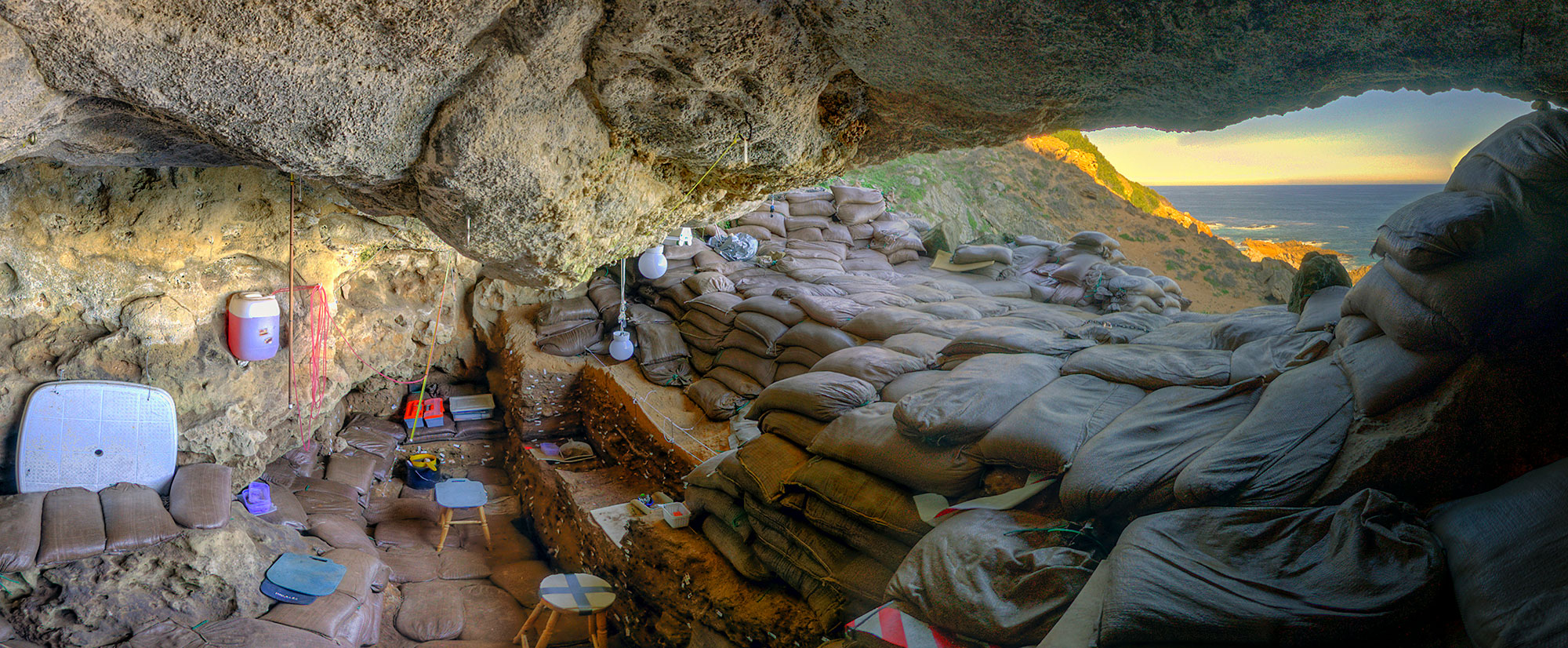LYON, FRANCE—According to a Cosmos report, Alban Defleur and Emmanuel Desclaux of the French National Center for Scientific Research (CNRS) suggest that the condition of the bones of six Neanderthals unearthed in a cave at Baume Moula-Guercy in the Rhône Valley of southern France indicates they were cannibalized. The evidence includes cut marks made by stone tools, gnaw marks on finger bones that may have been made by Neanderthal teeth, and the fact that the individuals were completely dismembered. The bones were found in a layer of the cave corresponding to the warmer interglacial period, between 128,000 and 114,000 years ago. Animal remains found before and after the warmer period include reindeer and woolly mammoths. The remains of large animals are missing from the layer dating to the interglacial period, however, when the landscape changed and tortoises, snakes, and rodents migrated to the area. Stress lines that typically form during periods of illness or malnutrition were also found on the Neanderthals' tooth enamel. The researchers think the individuals were consumed by other Neanderthals out of desperation. For more on evidence of Neanderthal activity in France, go to “Early Man Cave.”
Climate Change May Have Driven Neanderthal Cannibalism
News March 28, 2019
SHARE:
Recommended Articles
Digs & Discoveries July/August 2020
Twisted Neanderthal Tech
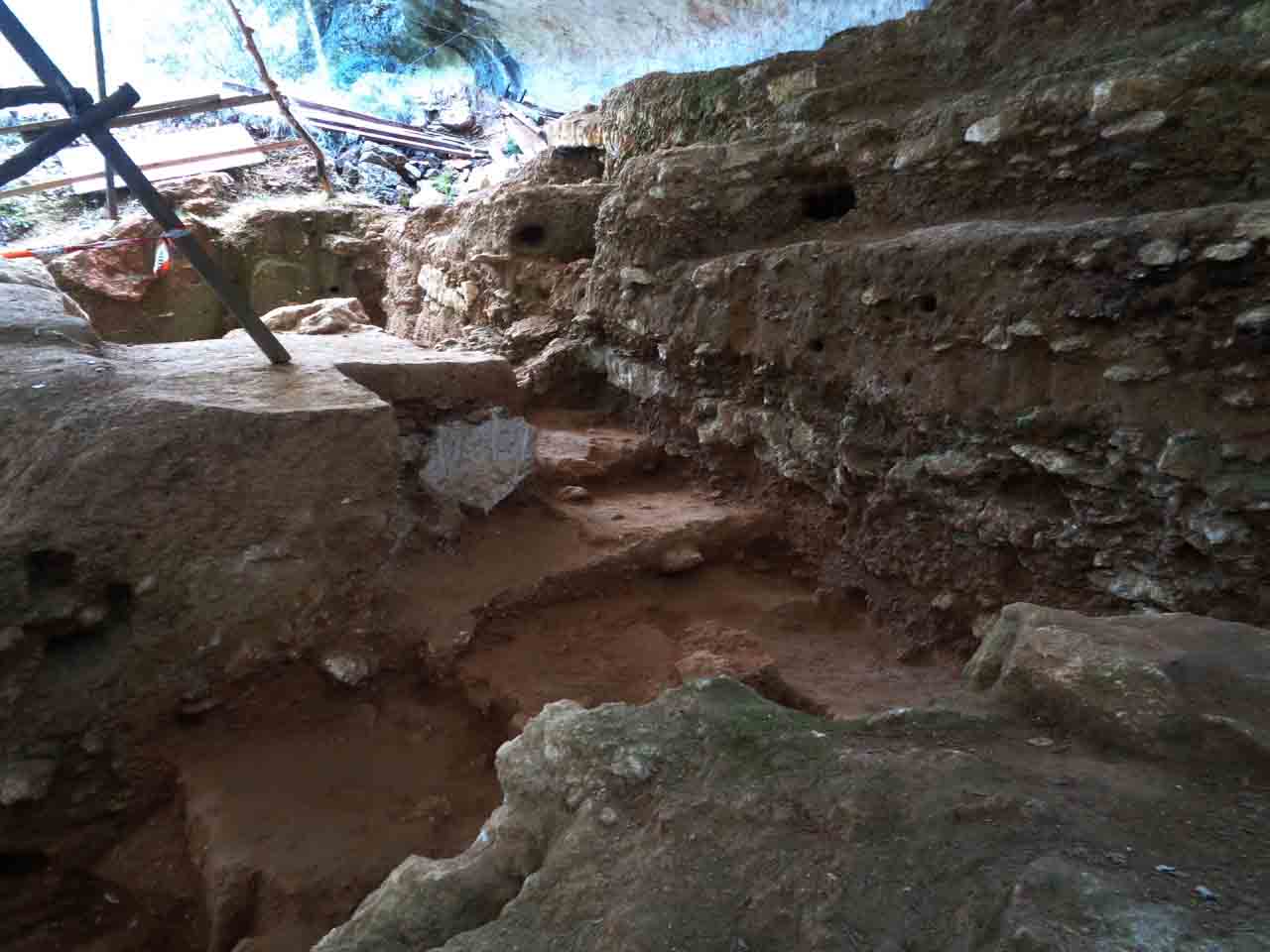
(M-H. Moncel)
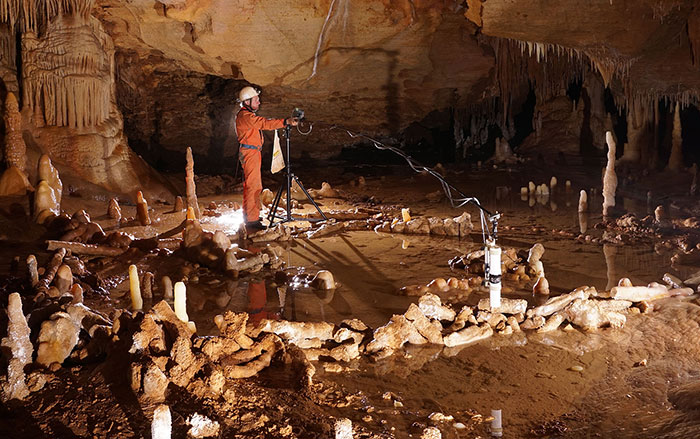
(Courtesy © Etienne FABRE-SSAC)
Digs & Discoveries January/February 2017
Proteins Solve a Hominin Puzzle
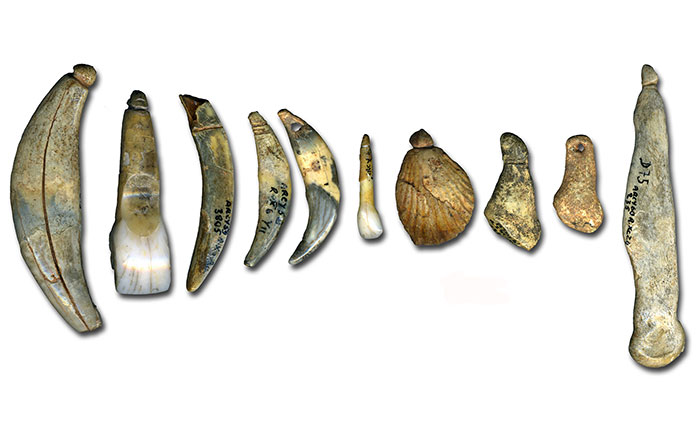
(Courtesy Marian Vanhaeren)
Digs & Discoveries September/October 2016
Gimme Middle Paleolithic Shelter

(Courtesy © Etienne FABRE-SSAC)
-
Features January/February 2019
A Dark Age Beacon
Long shrouded in Arthurian lore, an island off the coast of Cornwall may have been the remote stronghold of early British kings
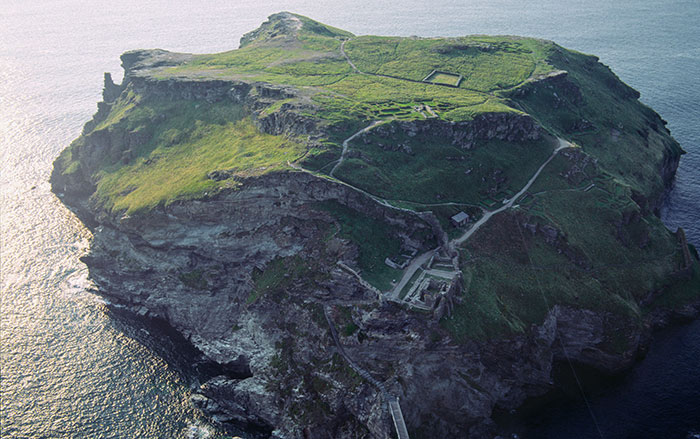 (Skyscan Photolibrary/Alamy Stock Photo)
(Skyscan Photolibrary/Alamy Stock Photo) -
Letter from Leiden January/February 2019
Of Cesspits and Sewers
Exploring the unlikely history of sanitation management in medieval Holland
 (Photo by BAAC Archeologie en Bouwhistorie)
(Photo by BAAC Archeologie en Bouwhistorie) -
Artifacts January/February 2019
Neo-Hittite Ivory Plaque
 (Copyright MAIAO, Sapienza University of Rome/Photo by Roberto Ceccacci)
(Copyright MAIAO, Sapienza University of Rome/Photo by Roberto Ceccacci) -
Digs & Discoveries January/February 2019
The Case of the Stolen Sumerian Antiquities
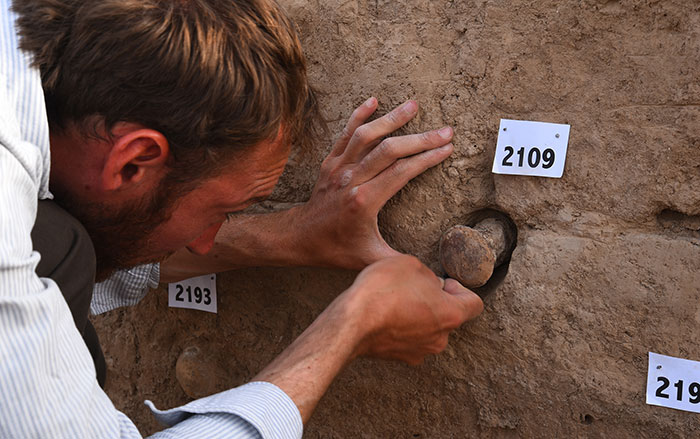 (© Trustees of the British Museum)
(© Trustees of the British Museum)


